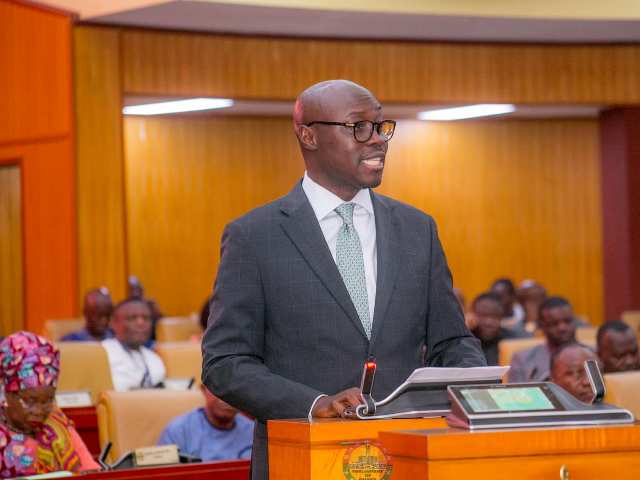Government on Friday, July 19, raised GH¢3.86 billion through the issuance of short-term debt instruments, falling short of its GH¢.31 billion target.
This resulted in an undersubscription rate of 37.45%, leaving a funding gap of GH¢1.44 billion.
The undersubscription is despite the positive returns on the short-term debt instruments since the inflation rate (22.8%) is now less than interest rates on Treasury Bills.
Undersubscription of the short-term debt instruments may be attributed to the reduced liquidity held by primary dealers which are mainly commercial banks as they try to comply with the new cash reserve ratio requirement implemented by the Central Bank.
Undersubscription of T-Bills by primary dealers may translate into increased lending to the private sector as is the objective of the new cash reserve ratio requirement.
Investor interest was most pronounced in the 91-day Treasury bill, which attracted the highest number of subscriptions.
This was followed by the 182-day and 364-day bills.
The Treasury accepted bids amounting to GH¢2.90 billion for the 91-day bill, GH¢698 million for the 182-day bill, and GH¢261 million for the 364-day bill.
The yield on the 91-day bill held steady at 24.78%. In contrast, the yield on the 182-day bill declined marginally by 0.03%, settling at 26.71%.
The 364-day bill saw a slight increase in yield, rising by 0.02% to 27.80%.
In the upcoming T-Bill auction, the Government aims to raise GH¢4.77 billion through the issuance of 91-day, 182-day, and 364-day bills, reflecting continued efforts to manage short-term liquidity needs and investor demand.




















